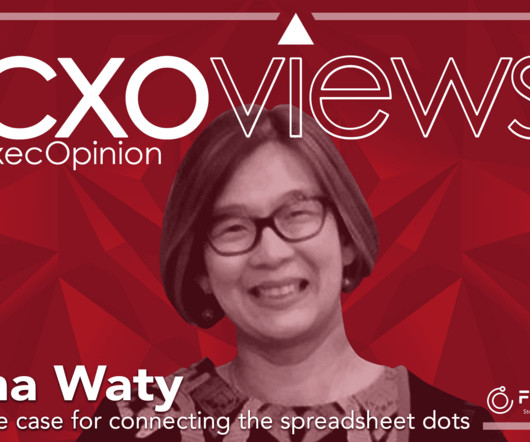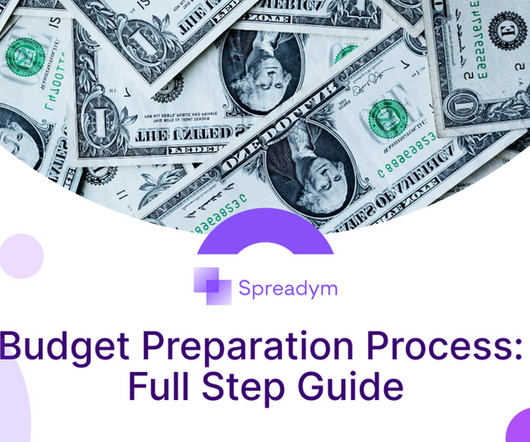Contingency Planning: The Role of a CFO
CFO Simplified
MARCH 27, 2022
This, however, does not necessarily mean that strategic planning is off the table. The fact of the matter is that every business is subject to some amount of risk. A proactive way for business owners to mitigate their risk is through contingency planning. Risk Management and Leadership.



















Let's personalize your content